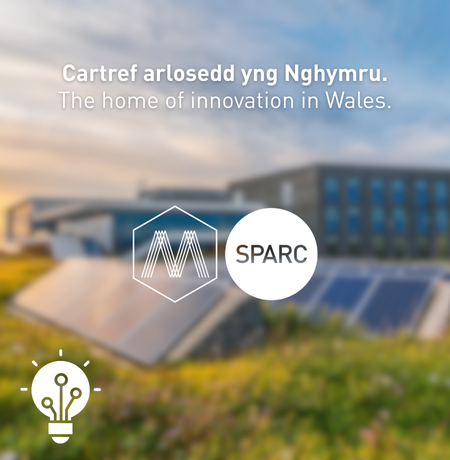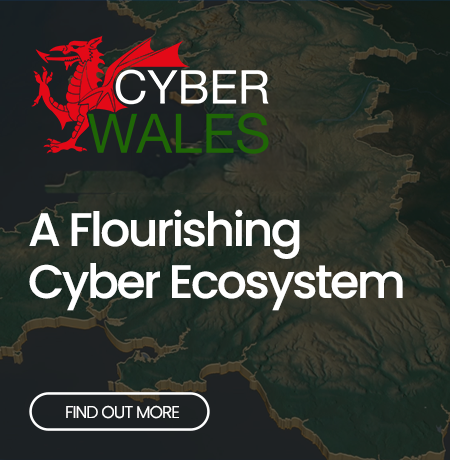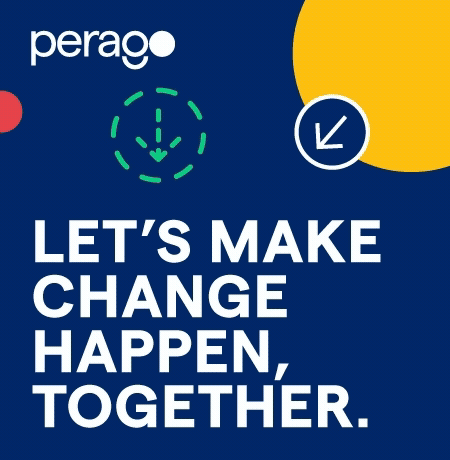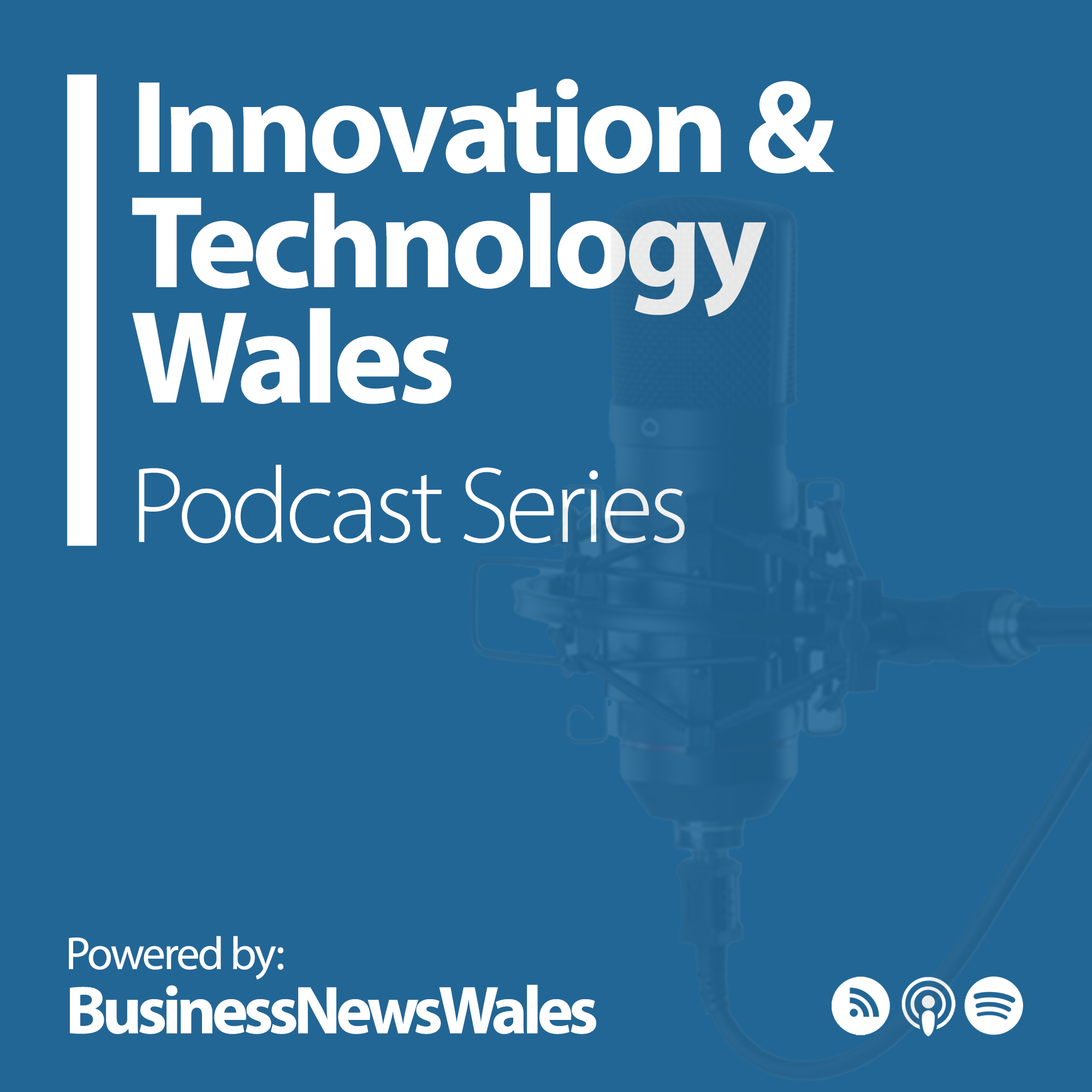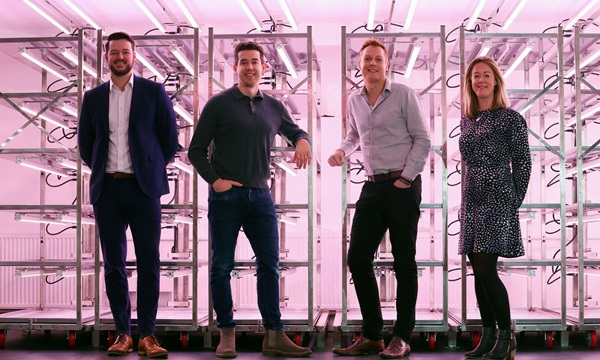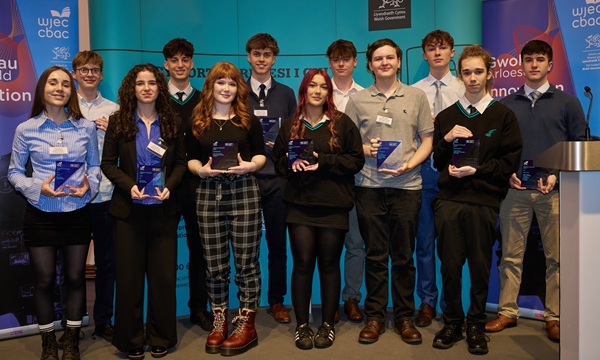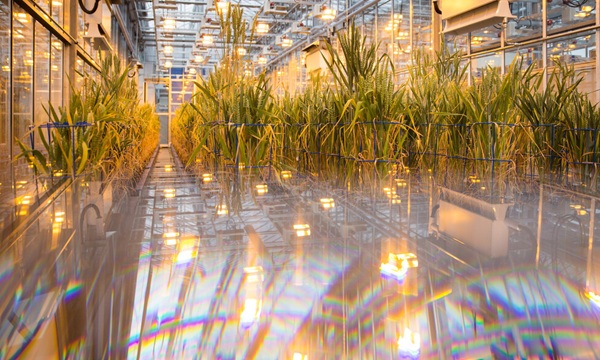
GUEST COLUMN:
Karl Couch
Business Liaison Officer
Cardiff Metropolitan University
STEM – science, technology, engineering, and maths – is more than just a collection of subjects. It’s the backbone of modern industry and a critical driver of innovation.
As we look toward the future, the bridge between STEM education and industry has never been more essential. To ensure that the next generation can meet the demands of tomorrow’s workplaces, we must nurture young learners’ interest in STEM from an early age and connect them meaningfully to the industries that rely on these skills.
Industry today needs problem solvers, thinkers, and creators who can adapt to emerging technologies and global shifts. This means that the workforce of the future must be equipped with not only technical knowledge but also critical thinking, adaptability, and innovation skills.
Young learners who start exploring these subjects early on have a head start in building this essential skill set. By sparking interest in STEM from primary school onward, we lay the foundation for a generation that doesn’t just engage with technology but drives it forward.
However, it’s not just about technical knowledge; it’s about relevance. Connecting STEM learning to real-world applications in industry shows students the impact their skills can have in fields as varied as engineering, medicine, environmental science, and beyond. When students understand how maths, science, and technology skills are used to solve real-world challenges, their learning becomes more meaningful and motivating.
At Cardiff Met we believe industry partnerships are crucial here, as they bring context to what students learn in the classroom, helping them envision their future roles in the world of work.
In practice, this collaboration can take many forms such as industry visits, hands-on projects, mentoring, and even STEM-based competitions. These experiences are invaluable, as they allow young people to see firsthand how STEM is applied in various industries.
For example, seeing how a pharmaceutical company develops treatments, or how a tech firm innovates in artificial intelligence, can inspire a young person to pursue a path they hadn’t considered. They begin to view their classroom lessons not as abstract concepts but as tools they will one day use to contribute to society.
From an industrial perspective, this partnership also has tangible benefits. Investing in STEM education today creates a skilled talent pool for tomorrow. Companies that engage with young learners early not only help shape the curriculum to better reflect real-world needs but also ensure a future workforce that is well-prepared, innovative, and aligned with industry demands.
In this way, we’re not just preparing students for work; we’re fostering a future where industry and education grow together, adapting to new challenges and seizing new opportunities.
When we equip students with both the skills and the vision for what’s possible, we are investing in a more resilient, dynamic, and innovative future for everyone.



